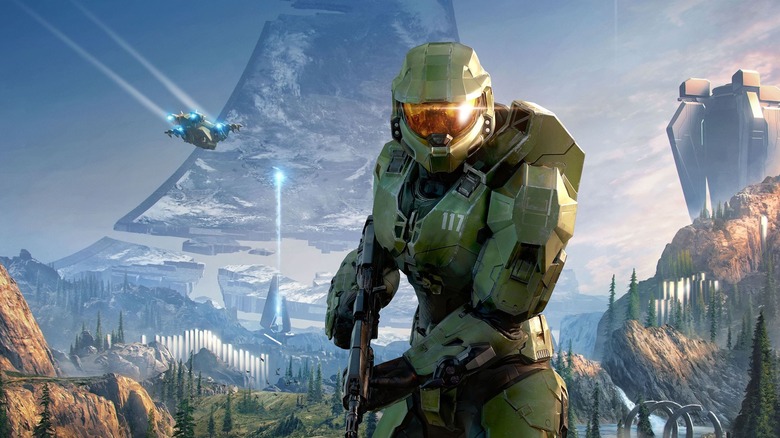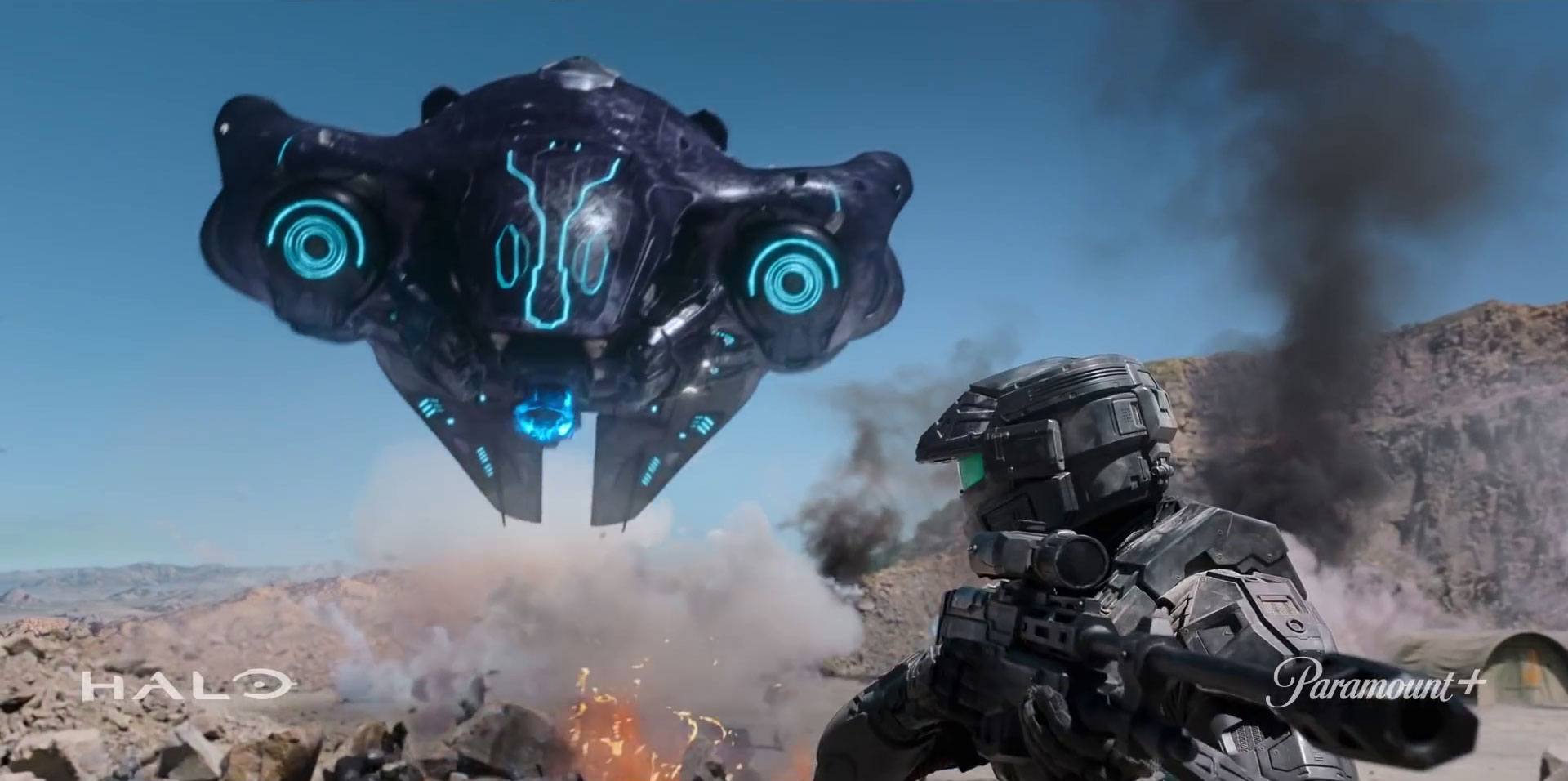"Between gods and extinction stands a man without a face — and a choice that could end it all."
From the darkness of deep space, a faceless warrior steps into a war that could determine the fate of mankind. Halo (2022) doesn’t just adapt a legendary game franchise — it crafts a dark, majestic chronicle of loyalty, belief, and the price of fighting not merely to live… but to preserve something greater than life itself.

The story follows Master Chief, the Spartan super-soldier codenamed John-117, as he leads operations against the alien Covenant — a zealous theocratic alliance driven by their devotion to an ancient doomsday weapon known as the Halo. But beneath every skirmish, a quiet question begins to echo: is the man who wields salvation still human — or has he become a tool no different from those he fights?

What sets Halo (2022) apart is not the scale of the war, but the way it peels back the armor of Master Chief — revealing a man torn between duty, faith, memory, and the desperate need for autonomy. Alongside Cortana — the one AI who sees the remnants of his soul — John slowly realizes that this war isn’t just between species and weapons. It’s between fractured identities of himself: the soldier programmed to obey, and the human being longing to choose.

With its cold visuals, high-tech minimalism, and tightly wound emotion, Halo forgoes constant explosions in favor of stillness, silence, and existential unease. Metal corridors aren’t just battlefields, but quiet tombs of repressed questions. And at the center of it all stands a warrior — robbed of childhood, smothered of feeling — now asking the one question no one ever trained him to ask: If I’m a weapon… who pulled the trigger?
-1755054495-q80.webp)
-1751431034-q80.webp)

